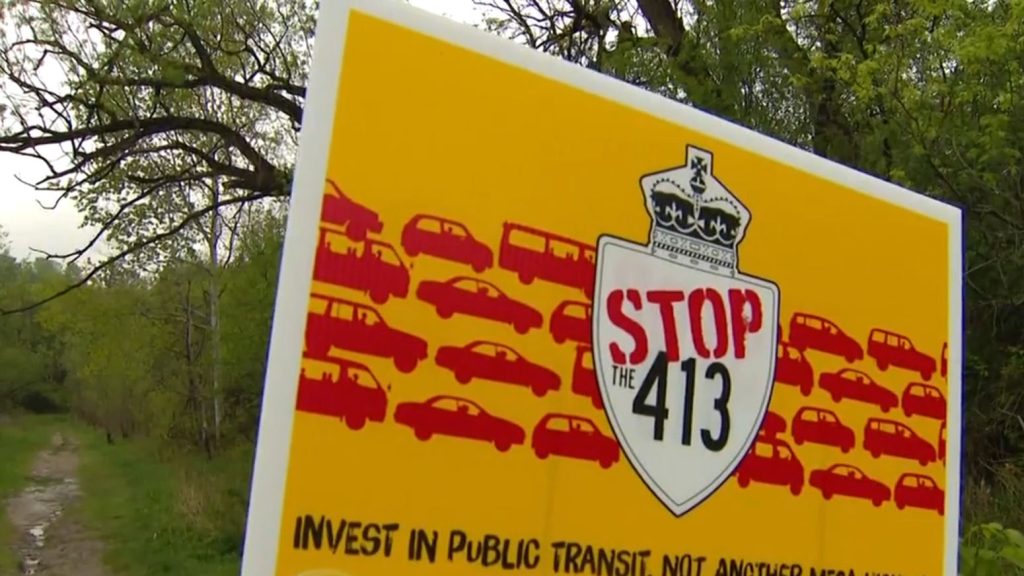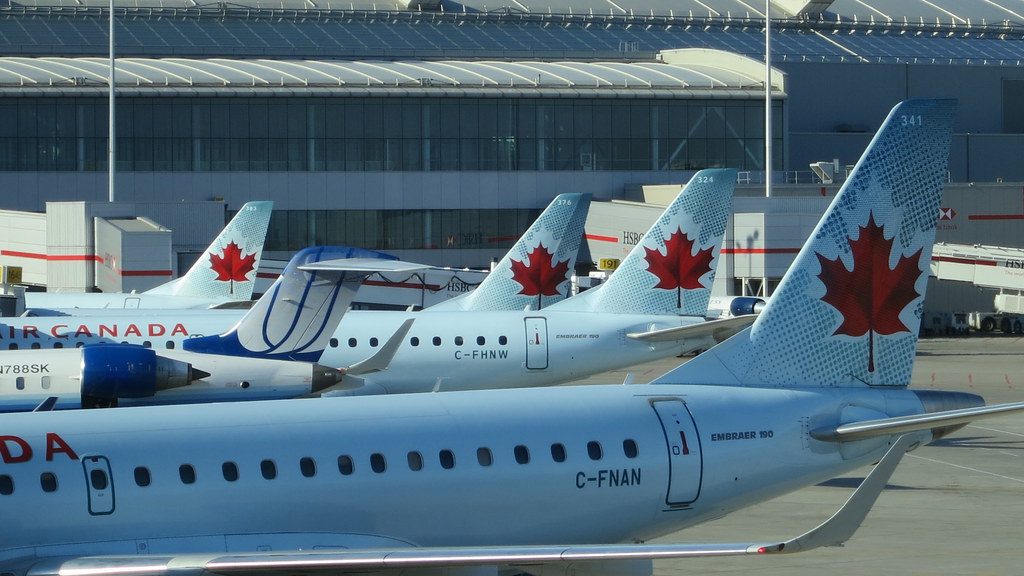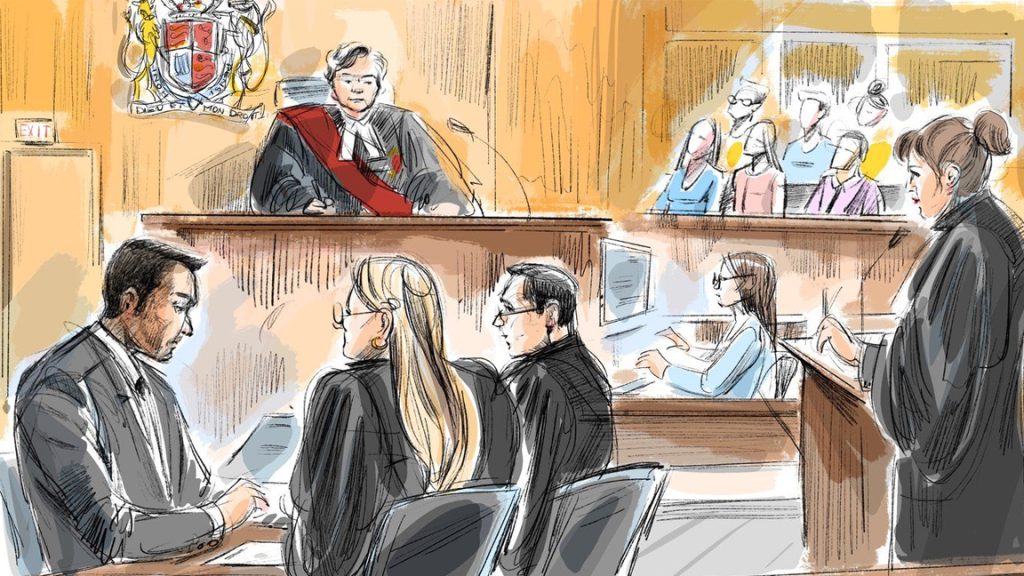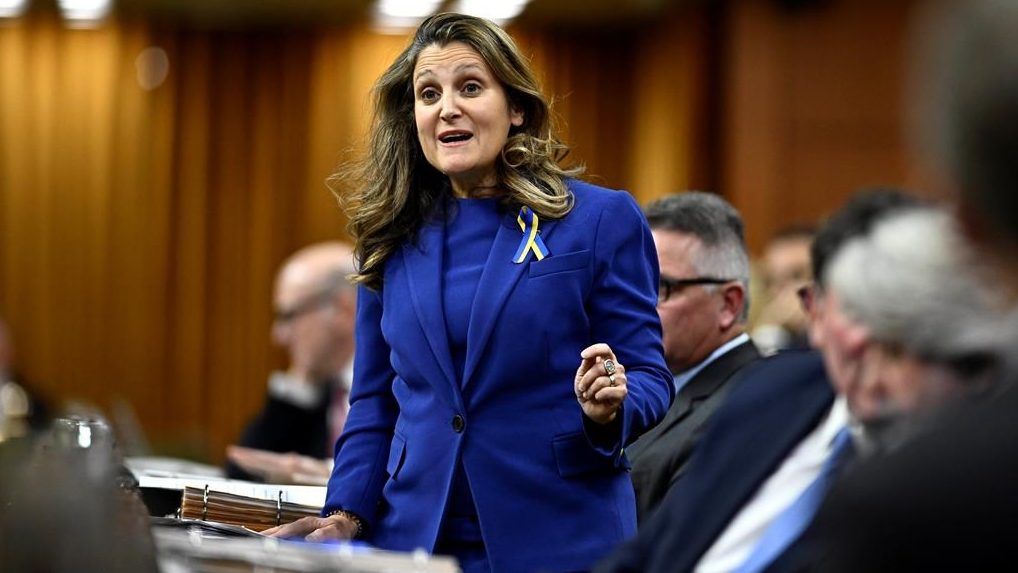More than 160 unmarked graves at another B.C. residential school site, First Nation confirms

Posted July 12, 2021 8:07 pm.
Last Updated July 13, 2021 3:01 pm.
Emotional support or assistance for those who are affected by the residential school system can be found at Indian Residential School Survivors Society toll-free 1 (800) 721-0066 or 24 hr Crisis Line 1 (866) 925-4419.
PENELAKUT (NEWS 1130) — The Penelakut Tribe has confirmed more than 160 unmarked, undocumented graves at the site of a former residential school on their territory near Vancouver Island.
The Kuper Island Indian Residential School, located off the coast of Cheamainus in the Southern Gulf Islands, operated between 1889 and 1975 and was run by the federal government and the Roman Catholic Church. The building was demolished in the 1980s and Kuper Island was renamed as Penelakut in 2010.
“We understand that many of our brothers and sisters from our neighboring communities attended the Kuper Island Industrial School. We also recognize with a tremendous amount of grief and loss, that too many did not return home,” says a statement from Chief Joan Brown that was shared online by Cowichan Tribes.
“It is impossible to get over acts of genocide and human rights violations. Healing is an ongoing process, and sometimes it goes well, and sometimes we lose more people because the burden is too great. We are at another point in time where we must face the trauma because of these acts of genocide. Each time we do, it is possible to heal a little more.”
The institution was known as “Canada’s Alcatraz” because of its remote location, and because of documented cases of children who died trying to escape.
It was dubbed "Canada's Alcatraz" due to the remote location as well as the documented cases of children who died trying to escape. In 1959, sisters Beverly and Patricia Marilyn Joseph drowned trying to escape the island @NEWS1130 https://t.co/EZvn2G6sx5
— Tarnjit Kaur Parmar (@Tarnjitkparmar) July 13, 2021
This comes after similar discoveries at other sites in B.C. and Saskatchewan.
In May, the Tk’emlúps te Secwépemc First Nation confirmed, using ground-penetrating radar, that the remains of 215 children — some as young as three years old — had been found. The search of the site of the former Kamloops Indian Residential School, which was once the largest in Canada’s residential school system, renewed calls for all former sites to be searched across the country.
Less than a month later, the Cowessess First Nation confirmed 751 unmarked graves were uncovered on the grounds of the former Marieval Indian Residential School in Saskatchewan. Later in June, the Lower Kootenay Band said a search using ground-penetrating radar found 182 human remains in unmarked graves near Cranbrook, close to where the Kootenay Indian Residential School once stood.
Calls for apology from Pope renewed after confirmation of unmarked graves
After the unmarked graves were located — something First Nations leaders have stressed was not a discovery but rather a confirmation of what Indigenous communities have long known — theTk’emlúps te Secwépemc First Nation and the Cowesses First Nation have both said an apology from the Pope l is a crucial first step toward reconciliation.
One of the 94 Calls to Action of the Truth and Reconciliation Commission in 2015 was for the leader of the Roman Catholic Church to apologize for its role in a system that saw 150,000 First Nations, Inuit, and Métis children taken from their families and confined in conditions that constituted cultural genocide.
“We call upon the Pope to issue an apology to Survivors, their families, and communities for the Roman Catholic Church’s role in the spiritual, cultural, emotional, physical, and sexual abuse of First Nations, Inuit, and Métis children in Catholic-run residential schools,” the commission wrote.
In 2018, Pope Francis said he would not be making an apology despite a formal request from Prime Minister Justin Trudeau and pleas from survivors and their families. The Canadian Conference of Catholic Bishops said that while the Pope acknowledged the commission’s findings and expressed regret for past wrongs, he “felt he could not personally respond.”
On June 6, more than a week after the announcement from the Tk’emlúps te Secwépemc First Nation, Pope Francis made a statement. He said he was “following with sorrow” the news of an unmarked burial site brought. He added the “shocking” discovery is a call for Canadian religious and political authorities to keep working toward reconciliation.
“I join with the Catholic church in Canada in expressing closeness to the Canadian people traumatized by the shocking news,” he said. “This sad discovery increases the awareness of the sorrows and sufferings of the past.”
The Pontiff has made no further statements.
A delegation of Indigenous leaders will visit the Vatican later this year to press for a papal apology.
Calls for Canada to investigate all sites of former residential schools
The United Nations is among those who have called on Canada to perform an exhaustive investigation into uncovering the remains of residential school children across the country On June 2, the federal government announced it was providing First Nations communities with funding to conduct such searches at former sites.
The Truth and Reconciliation Commission issued its final report on residential schools more than five years ago. The nearly 4,000-page account details the abuse inflicted on Indigenous children after they were taken forcibly from their families to institutions where they were forbidden to speak their language and punished brutally for any attempts to practise their culture. Physical and sexual abuse were rampant.
The commission identified the names or information of more than 4,100 children who died in the residential school system. However, the exact number remains unknown.
Prime Minister addresses the discovery of graves
On Tuesday, Trudeau said the discovery is heartbreaking and makes the pain only worse for residential school survivors and Indigenous peoples all over the country.
“I recognize these findings only deepen the pain that families survivors and all Indigenous peoples and communities are already feeling — that they reaffirm a truth that they have long known,” he said.
“We cannot bring back those who are lost, but we can and we will continue to tell the truth.”
He promised the federal government is committed to doing address the needs of Indigenous communities around the country, “to fight discrimination and systemic racism with real concrete actions.”
With files from NEWS 1130 Staff and the Canadian Press










